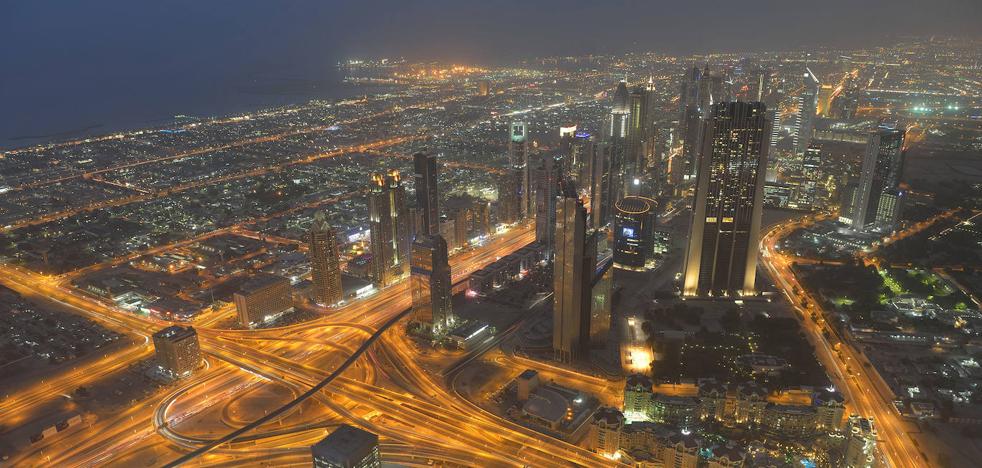The foreseeable price hike following Moscow’s decision will have a greater impact on families and businesses, whose hot autumn awaits delivery
All of Europe expected a total gas outage from Russia as the signs anticipated it. But almost no ruler understood that in these first days of September, when summer is not yet over, it would be the time when the Kremlin would turn off the tap that supplies a large part of the community partners, anticipating the “hot autumn” and in complete realignment of family budgets and businesses to cope with the costs of September.
The initial impact of the drastic measure announced by Russian energy company Gazprom last Friday afternoon is expected to be reflected this Monday in increased volatility in gas prices in the international market. The price had fallen significantly in recent days from the EUR 350/MWh it reached on August 21 to the EUR 215/MWh it closed on Friday, as the Kremlin’s intentions to deliver via the Nord Stream I, which country with Germany. The evolution of gas futures, referenced by the TTF in Amsterdam, is always linked to the events derived from Russia’s decisions. And new price increases are not ruled out in the coming days.
While the gas price on the international market remains as high as it is now, above 200 euros/MWh, households and companies will continue to suffer the consequences. Because almost half of the electricity production in Spain in recent days has been generated via cogeneration plants that use gas. According to Red Electrica, up to 45% of the electricity mix came from these plants. An unusually high record explained by the lack of production in renewable energy: there is hardly any wind for wind energy, hydroelectric power plants are at a minimum due to the drought and solar plants are at their maximum installed capacity.
As long as the weather situation continues like this, it is necessary to pull the gas to produce electricity. And with that, the bill remains high despite the effect the Iberian cap has by limiting the price of that raw material, although the gas companies will have to be compensated later. The average saving compared to sky-high prices in Europe is 15%, but the mechanism does not lower the bill, which citizens continue to expect in the coming months.
Indeed, the price of gas this week, starting this Monday, may be affected by other signals, which have already had their effect on the market: the likely price intervention sponsored by the European Commission. Brussels is ready to curb gas prices after realizing that current volatility does not respond solely to the tension generated by Russia, which is benefiting from these very high prices.
The key day is this Friday the 9th, when EU energy ministers meet in Brussels to begin negotiations on this market intervention. Commission president Ursula von der Leyen wants it to be “urgent” and launched as soon as possible, although it will be difficult to see the regulations born in a few days. We are talking about weeks, given the typical times for these kinds of decisions within the EU.
The other big derivative of this energy crisis, and Russia’s cut of Nord Stream I, is fear of a lack of supplies. For the time being, the gas reserves of European countries are on average well above 80% of their capacity. Although there are notable differences. In Spain, for example, that percentage is much higher and also has the support of its regasification plants, where liquefied natural gas (LNG) methane tankers continue to arrive from countries such as the United States, the EU’s new major energy ally.
Before the end of September, the 27 community governments must have submitted their energy emergency plans to the European Commission. This program is sent every year, but on this occasion, with the aggravation of the invasion of Ukraine and the unexpected moves of Moscow, it is necessary to include extreme scenarios to anticipate measures that would also be historic because of the offer.
Meanwhile, Europe is holding its breath, waiting for a new initiative from Russia as it continues to increase those reserves, essential so that industry doesn’t shut down for the winter and families aren’t forced to turn off their heating.
Source: La Verdad
I’m Wayne Wickman, a professional journalist and author for Today Times Live. My specialty is covering global news and current events, offering readers a unique perspective on the world’s most pressing issues. I’m passionate about storytelling and helping people stay informed on the goings-on of our planet.



